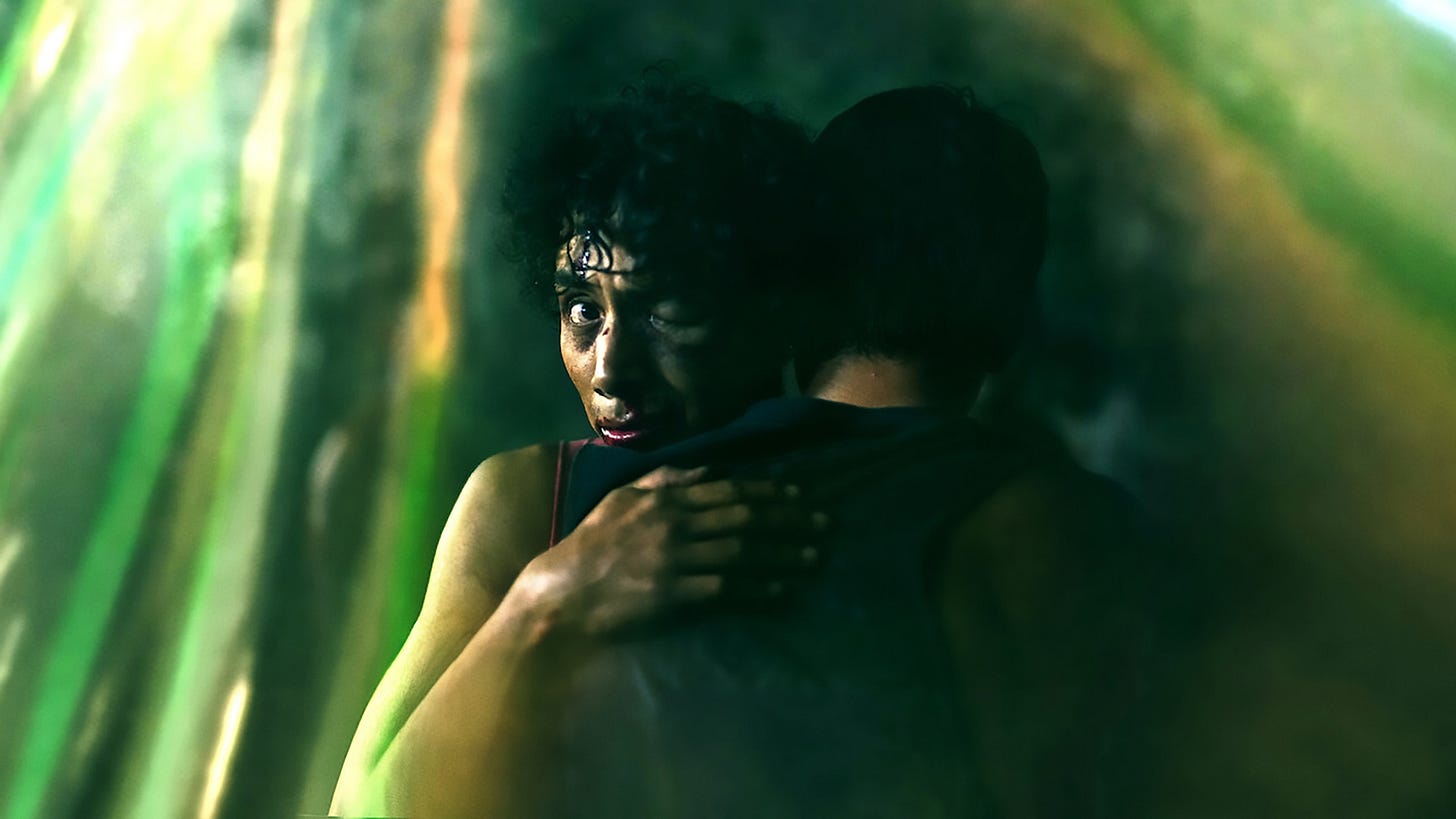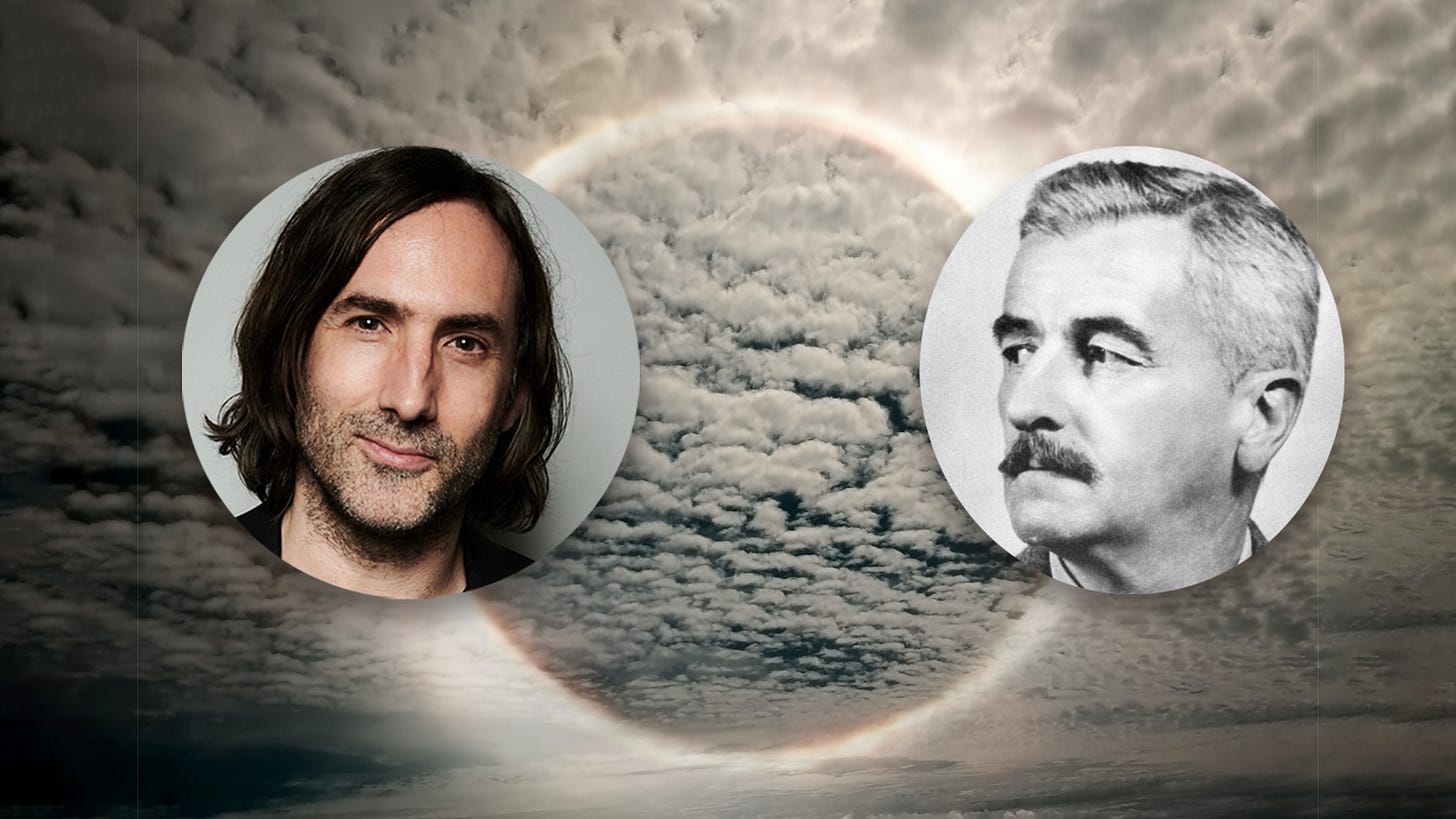Your weekly edit
This week, we explore the Booker Prize 2023 shortlist on our podcast, Paul Lynch reveals the inspirations behind Prophet Song, and Hurricane Season comes to Netflix
Everything you need to know about Hurricane Season by Fernanda Melchor
Hurricane Season is the second novel by Mexican author Fernanda Melchor and was her first to be published in English, in 2020, after it was translated by Sophie Hughes. Shortlisted for the International Booker Prize that year, it is a brutal, affecting novel of a society in crisis. Ostensibly a murder mystery, it is also a powerful examination of poverty, misogyny, corruption and machismo culture.
With its film adaptation, directed by Elisa Miller, now streaming on Netflix, here’s our guide to the book, the author, her influences and accolades.
The Booker Prize Podcast: Exploring the Booker Prize shortlist
With less than a month to go until the winner of the Booker Prize 2023 is decided, what better time to take a deep dive into this year’s final six?
In the latest two episodes of The Booker Prize Podcast, listen to what Jo Hamya and James Walton make of the entire shortlist, what they think the list says about the state of fiction today – and which book they think will take home the prize.
Paul Lynch on cosmic realism: ‘Melville, Dostoyevsky, Conrad and Faulkner form an echoing conversation across time’
We asked the authors on the Booker Prize 2023 shortlist to tell us about their inspirations. Here, Paul Lynch, author of Prophet Song, discusses the writers who capture the strangeness of the human condition and the eternal truths that define us
Consider for a moment William Faulkner’s classic novel, As I Lay Dying, and its profound simplicity. There is a house on a hill. There is a storm and a flood. There is a death and a burial. Before her demise we meet Addie Bundren dying in bed while her son Cash saws and planes her coffin ‘right under the window’. The bewildered paterfamilias Anse sits on the porch rubbing his knees. The buzzards ‘hang in soaring circles’ and it’s fixing to rain like end days. Despite this, two of his sons, Jewel and Darl, make a trip into town to earn three dollars, and miss the death of their mother. The misfortunes tumble one into the other as Addie’s final request to be buried in Jefferson goes terribly awry.
Faulkner relates these events in a torrent of voices, each one a discrete universe locked into their own way of being. They move through the world forever at odds with each other, devoured by grief, pride, rage, deceit, bewilderment and stupidity. The world of As I Lay Dying is archetypical in its clarity – life, death, nature and cosmos – and yet the sentences probe reality to its very limits, pushing past the known and the visible into the plane of the metaphysical. This is Faulkner’s grand statement about the human condition.






